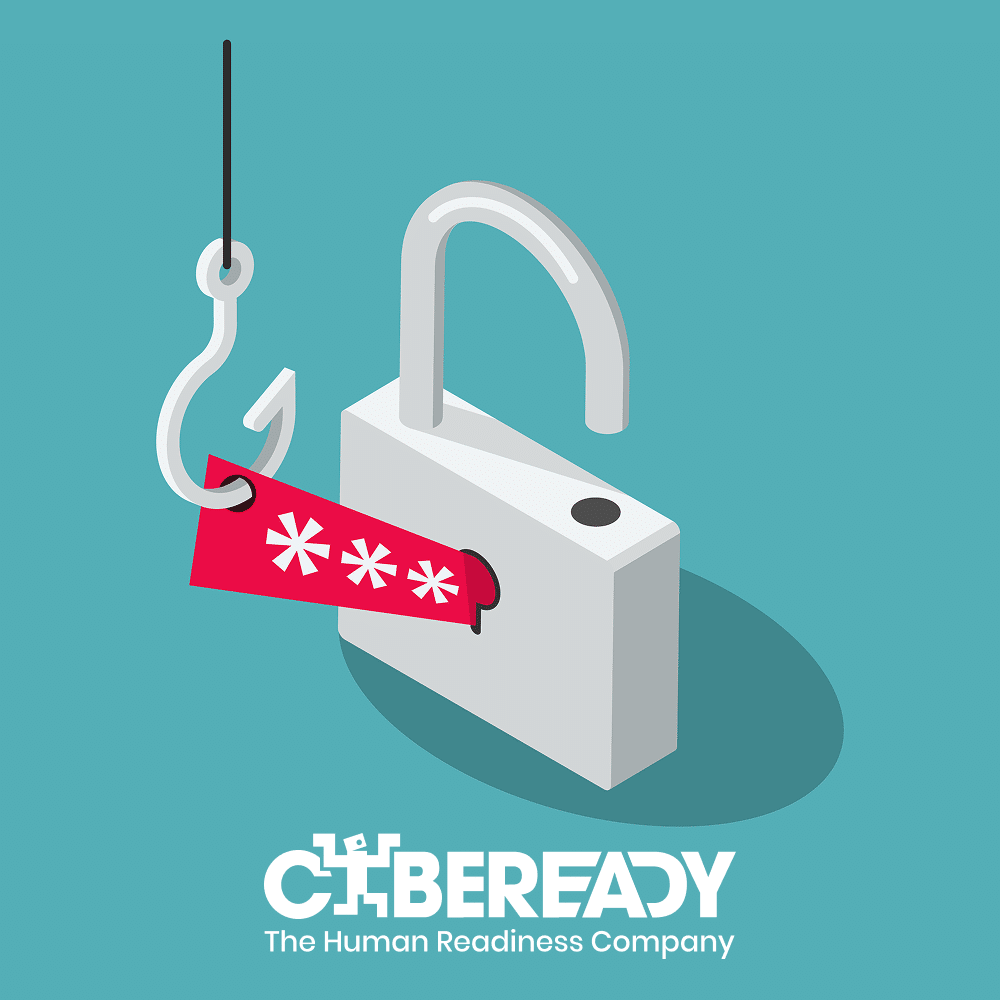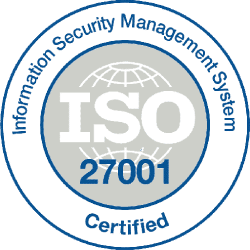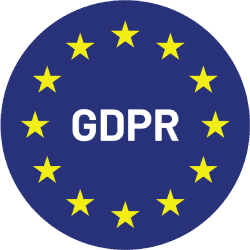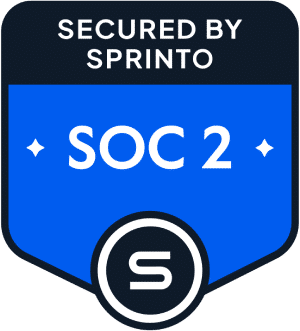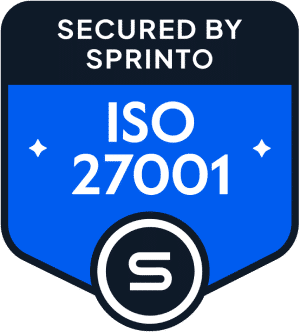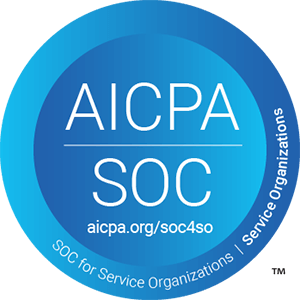In the rapidly evolving landscape of cybersecurity, where threats are becoming increasingly sophisticated, organizations are recognizing the critical importance of imparting effective security awareness training to their employees. However, a crucial aspect often overlooked is making this training accessible to all employees, including those with disabilities or impairments. In this blog, we explore why accessibility in security awareness training matters, and how we, at CybeReady, chose to address this vital need.
The Need for Accessibility
Accessibility in security awareness training is not just a good practice; it’s a legal and ethical obligation. Ensuring that training materials are accessible to everyone, regardless of their abilities, is essential for providing equal opportunities for all employees to learn and engage with cybersecurity content. Moreover, it aligns with various accessibility regulations and standards set by governments and organizations worldwide.

The CybeReady Approach – adhere to the highest (WCAG 2.1) AA standards
CybeReady stands at the forefront of security awareness training, offering adaptive and customized training content to employees at all levels within an organization. Beyond that, CybeReady places great emphasis on localization, ensuring that training materials are available in employees’ native languages and tailored to their respective locales. This localization effort is powered by an advanced engine that automatically adapts language, currency, and other local characteristics based on Active Directory information.
However, a key challenge lies in catering to employees with disabilities or impairments. CybeReady recognizes the importance of addressing these needs and has taken significant steps to make its training content accessible, thus fostering an inclusive training environment.
Achieving Accessibility
To provide accessibility, technology companies are often required to build solutions that accommodate the needs of all users, including those with disabilities. For instance, in the United States, federal organizations and entities receiving federal funding are mandated to adhere to the Web Content Accessibility Guidelines (WCAG) 2.0 Level AA. This set of guidelines outlines specific criteria for making digital content usable by everyone.
CybeReady has taken this principle to heart. All of CybeReady’s training content, including phishing simulation landing pages and Security Awareness Bites, now adhere to the WCAG 2.1 AA standards. This commitment ensures that employees with disabilities or impairments can equally benefit from the training materials, regardless of their circumstances.
Practical Tips for Accessibility
- Customizable Accessibility Interface: CybeReady offers an accessibility interface that can be tailored to suit an organization’s branding. This interface is designed to accommodate individuals using screen readers, those with vision impairments, motor impairments, and cognitive impairments.
- Understanding Global Requirements: Accessibility regulations vary across different countries. The WCAG serves as a global benchmark for accessibility compliance. Organizations should take the time to familiarize themselves with regional laws and standards, such as the Accessible Canada Act in Canada, EU regulations, and other national accessibility laws.
- Looking at how Governments apply WCAG: In the US, for example, Section 508 mandates that every online platform operated by federal bodies or any organization receiving federal funding must be accessible to all users. In compliance with updated rules, these websites are required to adhere to the WCAG 2.0 Level AA guidelines.
Moreover, instances in which individuals in the US have taken legal action against businesses with inaccessible websites, under the Americans with Disabilities Act (ADA), have led courts to demand WCAG 2.0 Level AA compliance. This highlights the significance of aligning with WCAG standards to ensure ADA compliance.
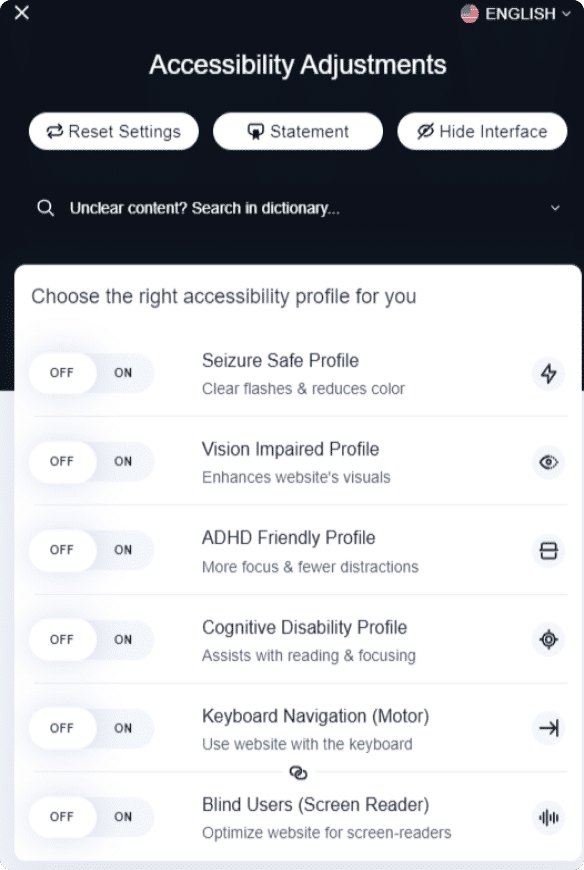
The Significance of WCAG
The WCAG, developed by the World Wide Web Consortium (W3C), is a cornerstone of accessibility standards across the world. It’s mandatory for various regions, including the United States, Canada, the European Union, and Israel. Adhering to the WCAG not only ensures compliance but also demonstrates a commitment to providing an accessible and inclusive online environment for all users.
Making security awareness training accessible is not just an ethical duty; it’s a legal obligation and a key factor in fostering an environment of inclusivity within organizations. CybeReady’s dedication to meeting accessibility standards reflects our commitment to providing a comprehensive and equitable training experience for all employees, regardless of their abilities. By complying with global accessibility standards like the WCAG, organizations can ensure that their security awareness training truly leaves no employee behind.




